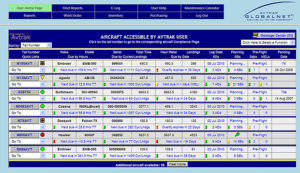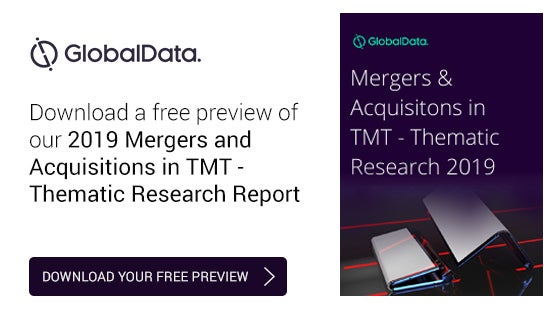Avtrak Aircraft Maintenance Tracking, Management and Planning Services

Avtrak offers aircraft owners and operators the finest web-based, analyst supported, maintenance management, planning and tracking system in the aviation industry. Avtrak services are not only of the highest quality, they are priced fairly and are award winning. The Avtrak technology was voted the number one OEM maintenance tracking system in the Aviation International News 2009 Product Support Survey.
Avtrak’s service is supported by a team of dedicated, qualified compliance specialists (A&P/IA) who provide expert analyst oversight and support services to our worldwide customer base.
Aircraft maintenance tracking
Whether you operate a single aircraft or manage a mixed fleet, Avtrak GlobalNetTM offers internet based compliance tracking that will streamline the way you currently track maintenance.
Key features include:
- Fast and easy to use
- Mixed fleet support – 170 different makes / models supported, both fixed wing and rotor wing
- Competitive pricing
- Analyst (A&P/IA) support
- Hassle-free, smooth enrollment transition process
- OEM-approved and/or accepted
- FAA / EASA/ ANAC / CAA support
- Task cards for all aircraft
- Logbook entry generator
- Fleet planning tools
- Budget planning
- Mobile portal
- Interface-to-flight scheduling software programs – CTA-FOS and PFM
Electronic logbook archiving for the aviation industry
Avtrak offers E-LogTM, a digital logbook archiving service. Let Avtrak protect your historical maintenance data by scanning your maintenance logbooks into PDF images. All historical inspection information is safely stored on GlobalNetTM – Avtrak’s secure website and on a CD.
The records are organized in the same order as the logbook and are OCR’d , making the text searchable. Locating digitized information is much faster than paging through paper logbooks. our information is accessible from anywhere, at any time, eliminating the risks associated with shipping logbooks. We offer E-LogTM for a low price that includes both a CD and internet access.
Work order management
Avtrak GlobalWorksTM is a web-based work order system used to manage and track day-to-day hangar floor activities and costs. This system assists Part 135 management companies as well as Part 91 operations whose own staff of maintenance technicians performs some or all of their own maintenance. Avtrak GlobalWorksTM is fully integrated with Avtrak GlobalNet™ and Gulfstream CMP.net™
Aircraft inventory control and purchase order
Avtrak GlobalPartsTM brings fully integrated inventory control and parts management to your operation that is centralized, secure and web-based, providing a solution to your inventory management needs.
Avtrak GlobalPartsTM is fully integrated with Avtrak GlobalNet™ and Gulfstream CMP.net™
Products and Services
Video
White Papers
Related Projects

Gulfstream G650ER Business Jet

X-57 Maxwell Aircraft

ATEC 322 Faeta Light Sport Aircraft (LSA)

Ehang 184 Autonomous Aerial Vehicle (AAV)
Press Release
Regional Offices
10822 W Toller Drive
Suite 250
Littleton
CO 80127-5084
Other
United States of America












